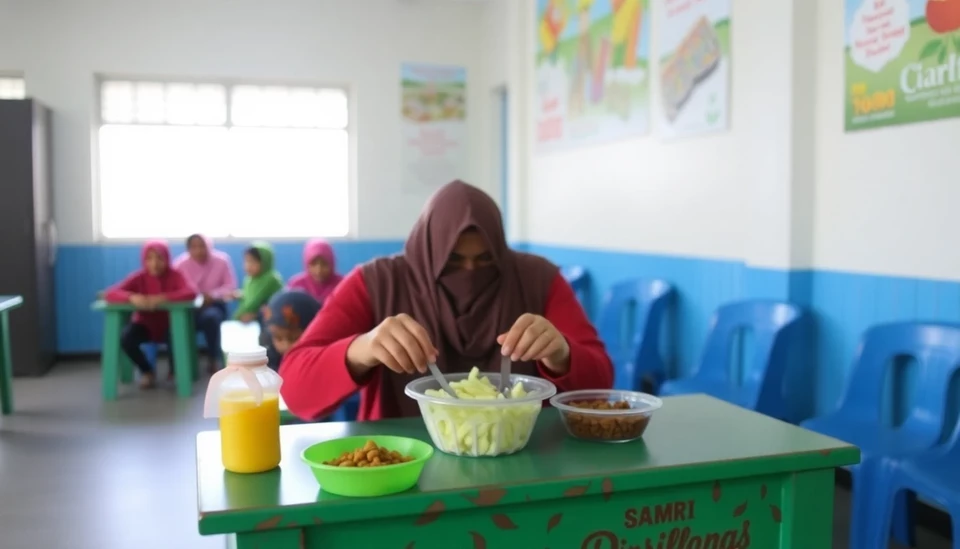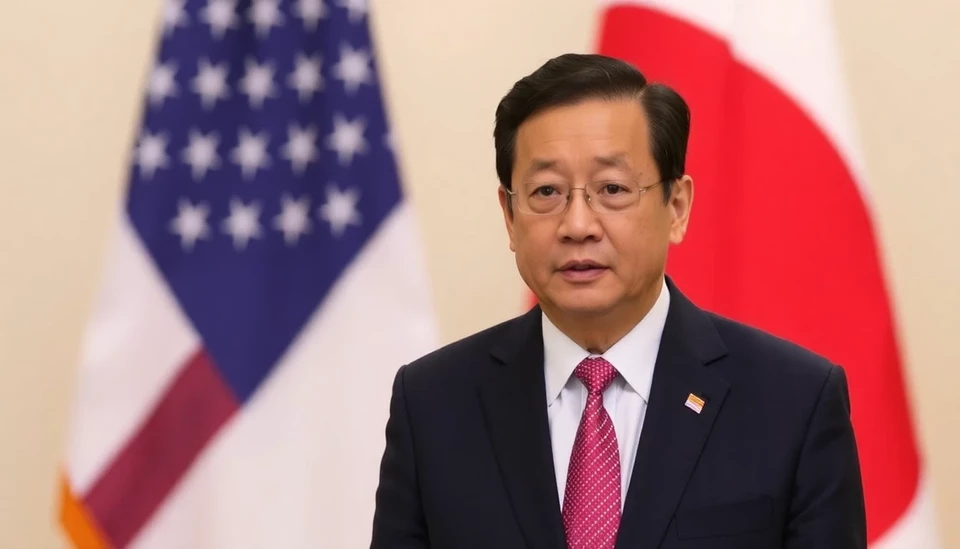
In a significant move aimed at improving the nutrition and educational performance of its youth, the Indonesian government has officially introduced a nationwide free lunch program. This initiative is part of a broader strategy to combat malnutrition among school-aged children while simultaneously boosting their academic success.
Recognizing the vital role that proper nutrition plays in cognitive development, education officials underscored the importance of providing healthy meals to students, particularly in underserved areas. The program is expected to be implemented in thousands of schools across the country, focusing on reaching children from low-income families who often struggle to access nutritious food.
Education Minister Nadiem Makarim announced that the free lunch program will not only alleviate hunger but will also promote better learning conditions by ensuring students can concentrate on their studies without the distraction of hunger. "We want our children to thrive both academically and physically,” Makarim stated during a press conference, emphasizing the dual objectives of the initiative.
As the program rolls out, schools will be supplied with funds that enable them to prepare and serve meals that meet health standards, thus promoting a balanced diet. The government’s bid reflects a commitment to improving public health and educational outcomes, with studies indicating that well-nourished children demonstrate higher levels of cognitive function and academic achievement.
The announcement of the program has been welcomed by health advocates and educators alike, who argue that the initiative could have long-term benefits for Indonesia's socioeconomic landscape. By strengthening the health of its youth, Indonesia is investing in a stronger future workforce. This move aligns with the Sustainable Development Goals (SDGs), particularly those focusing on health and quality education, which underscore the necessity of accessible and nutritious food for all children.
In addition to improving health through the meal program, the government plans to monitor students’ nutritional status and educational performance closely. This data will be crucial for assessing the effectiveness of the program and making necessary adjustments to ensure it meets its goals.
In conclusion, Indonesia's free lunch initiative represents a holistic approach to tackling hunger and promoting education. While implementation will require logistical coordination and community involvement, the potential benefits of this program could result in profound social improvements across the nation.
As Indonesia takes these strides toward better health and education outcomes, the world watches closely, mindful of the impact that such initiatives can have on a nation's future.
#Indonesia #FreeLunchProgram #Health #Education #Nutrition #CognitiveDevelopment #SustainableDevelopmentGoals #YouthEmpowerment
Author: Victoria Adams




